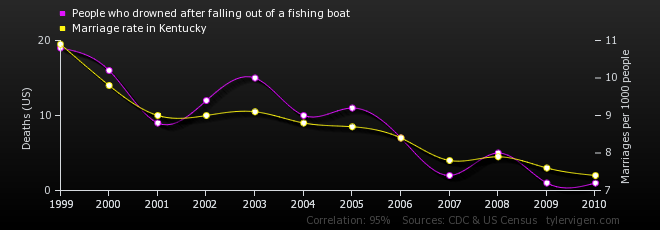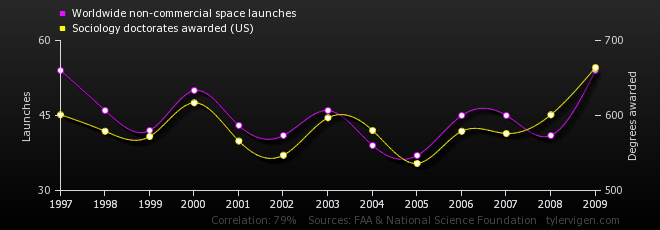New site hopes Nicolas Cage and Miss America can fix bad data
Student's site looks to demonstrate problems of relying on misleading information

Your support helps us to tell the story
From reproductive rights to climate change to Big Tech, The Independent is on the ground when the story is developing. Whether it's investigating the financials of Elon Musk's pro-Trump PAC or producing our latest documentary, 'The A Word', which shines a light on the American women fighting for reproductive rights, we know how important it is to parse out the facts from the messaging.
At such a critical moment in US history, we need reporters on the ground. Your donation allows us to keep sending journalists to speak to both sides of the story.
The Independent is trusted by Americans across the entire political spectrum. And unlike many other quality news outlets, we choose not to lock Americans out of our reporting and analysis with paywalls. We believe quality journalism should be available to everyone, paid for by those who can afford it.
Your support makes all the difference.What do the films of Nicolas Cage have to do with female editors on the Harvard Law Review? Nothing, probably, though there’s plenty of data that argues it does — the rate of both was climbing until 2007, fell in 2008, but has since been picking back up.
It’s those kinds of false relationships that Tyler Vigen hopes to expose on Spurious Correlations, a website collecting some of the most compelling and confusing correlations he can find. But the site isn’t meant to criticise correlative studies, says Vigen, who is a criminology student at Harvard Law School.
“The charts on this site aren’t meant to imply causation nor are they meant to create a distrust for research or even correlative data,” Vigen says on the site. “Rather, I hope this project fosters interest in statistics and numerical research.”

The site uses Vigen’s code to automatically generate correlations from a wealth of data, including from the US Census and the Centers for Disease Control. That means that a worrying amount of the data is about death. The site maps the correlation between the ages of Miss America winners and murders by steam, hot vapours and hot objects, for example, and the number of people electrocuted by powerlines and the marriage rate in Alabama.
Other, less morbid, graphs include the startlingly close relationship between margarine and divorces. Vigen says he hopes to broaden the data in future — moving away from death rates, and using data from international statistics.
Many of the correlations are not statistically significant — and Vigen says he has been contacted by statisticians and research professors making that point. But by cleverly mapping them, by shrinking axes or leaving out unhelpful years, Vigen is able to give the impression that they are. Vigen hopes that the deceptive graphs lead people to think critically about the data he presents — so that female applicants to the Harvard Law Review need not panic about Nicolas Cage’s stalling film career.

Join our commenting forum
Join thought-provoking conversations, follow other Independent readers and see their replies
Comments